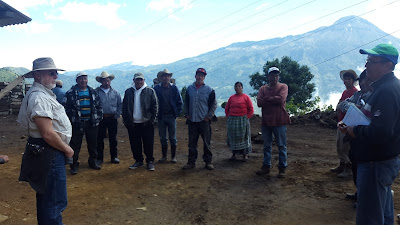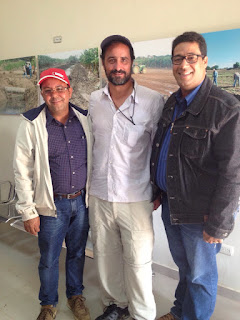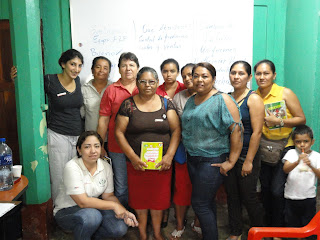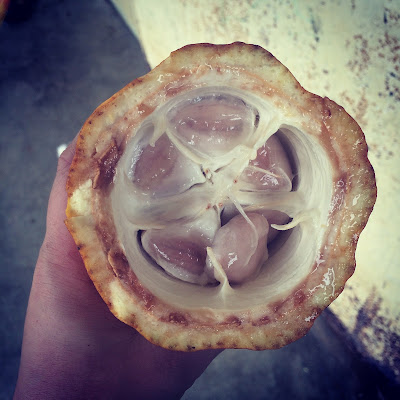From Maine to Sibinal, San Marcos: F2F Volunteer Steve Johnson Helps Potato Growers Save and Store Seeds in Guatemala

Written by F2F field officer, Andrea Lucrecia Fión Góngora F2F volunteer Steve Johnson meets potato producers in Sibinal, San Marcos The distance between Maine, USA to Sibinal, Guatemala is over 3,600 miles. Sibinal is a mountainous municipality comprised of approximately 27,000 individuals and found at the base of the Tacaná volcano in the department of San Marcos, Guatemala. The majority of Sibinal communities are Mam or Kaqchikel, two Mayan ethnic groups. For the past ten years, the Guatemalan National Potato Federation (FENAPAPA) has supported 2,000 small scale potato producers in the San Marcos region. Like on some potato farms in Maine, potato producers in Sibinal save seeds. However, seed potatoes in Sibinal have recently developed bacterial and fungi infections. As producers save seeds from season to season, the diseases are transmitted each year, causing significantly smaller potatoes and consistently lower yields. While some producers wanted to explore using hi





